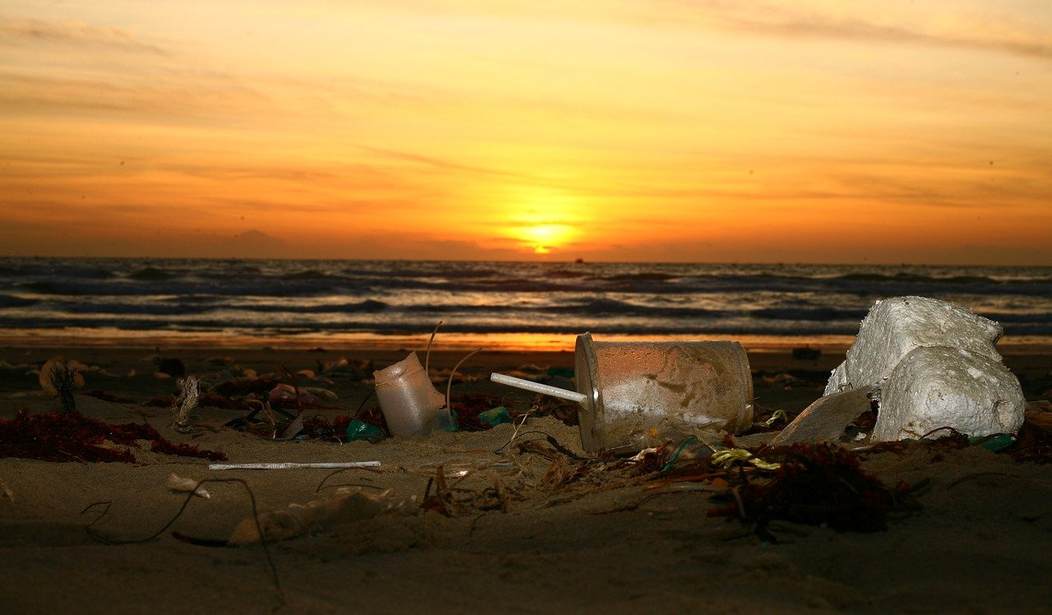No one likes to see plastic trash when they’re enjoying time on the beach or out fishing in the ocean. It’s more than unsightly and it’s bad for wildlife. Trash is the last thing you want to see when you’re enjoying a day at the beach.
Plastic pollution is becoming a major issue on land and in our oceans. Not only is this pollution ugly and unhealthy, but it’s also filling up our landfills. It’s a huge waste of a potential resource too. From an efficiency point of view, it just doesn’t make sense to keep throwing material away if there’s another viable use for it.
According to some estimates, there are more than 8.3 billion tons of plastic waste around the world, with much of that making its way into our oceans. Approximately 40% of all plastics are made for single use and then discarded. We’re producing more plastic than we know what to do with or are recycling — far more. Just 9% of the plastics produced are recycled; the remainder ends up in landfills or the ocean. We should be good stewards of our oceans, and to do that we have to address the problem of plastic pollution that we generate on land.
Global climate activist Greta Thunberg and others call on governments to use their full might and power to clean up the environment. They think government action is a solution to just about every issue. I don’t agree. It will take more than government to solve this problem. It will require more creative thinking.
What if I told you there’s a better way? A private-sector way?
That’s probably not much of a surprise. Government is usually the problem, not the solution. I’m always on the lookout for new tech and new ideas. Here’s one.
A company called Clean Seas has a different idea. Clean Seas is a wholly-owned subsidiary of Byzen Digital Inc. (OTCB: BYZN), a company that looks for leading companies and technologies focused on clean energy and sustainable solutions. It’s targeting plastic pollution on land and in our oceans, and it has come up with a capitalist method of dealing with this waste stream. Capitalism is the great poverty-killer. Clean Seas thinks it has a way to weaponize it to clean up waste and help power the future.
Here’s the idea. Clean Seas proposes using technologies such as pyrolysis or gasification to recycle the vast amount of plastic that we constantly generate. Simply put, plastic pyrolysis is a way to turn plastic waste into clean energy. Plastic pyrolysis or gasification has been developing for years and is now maturing into a viable industry.
The Clean Seas team sees these tons and tons of plastic waste as an opportunity to provide high-quality jobs, particularly in developing countries, reduce the flow of plastic waste into or oceans and landfills, and generate revenue from the products created via pyrolysis and gasification technologies. It’s also a way to generate more of the power we’ll need in the future and, as Elon Musk says, we’re going to need to generate much more energy. Instead of sending all that waste off to landfills, this approach would use pyrolysis to turn it into oil (and other useful things), which can then be turned into some of the energy we need to power our lives.
Toyota Warns (Again) About Electrifying All Autos. Is Anyone Listening?
Did Frozen Wind Turbines Impact the Texas Freeze? Here’s the Data
Bryan Preston served as chief of staff at the Texas Railroad Commission, which regulates oil and gas production in the Lone Star State. He is the author of Hubble’s Revelations: The Amazing Time Machine and Its Most Important Discoveries. He’s a veteran, author, and Texan.









Join the conversation as a VIP Member